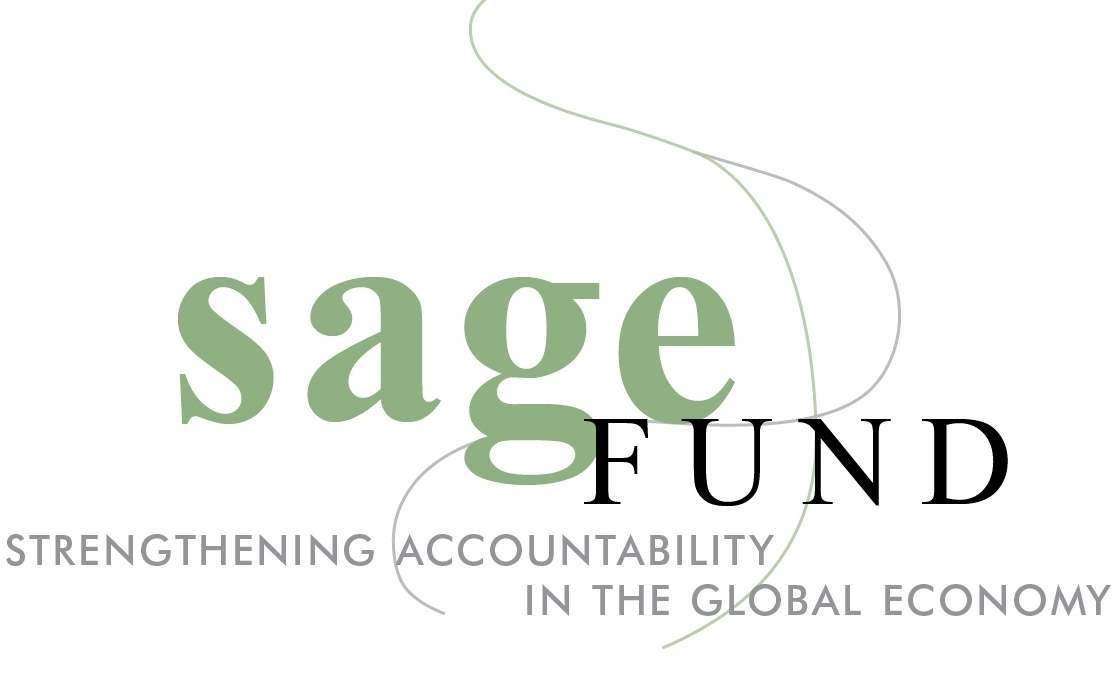Tool Development and Forests & Finance Database
organization
Profundo
description
Profundo is a not-for-profit research consultancy that has developed a variety of tools, such as the Forests & Finance Database, in collaboration with environmental, human rights, development and other CSOs. These may incorporate elements of strategic corporate research or supply and investment chain mapping, and often aim to bolster investor engagement. In particular, the Forests & Finance Database seeks to help civil society to hold financial institutions accountable for their financing of companies responsible for most of the commodity-driven deforestation in Southeast Asia. This tool was developed collaboratively between Profundo, Rainforest Action Network (RAN) and TuK Indonesia. It identifies the financial institutions that are financing companies engaged in the oil palm, timber, pulp & paper and rubber sectors in Indonesia, Malaysia, Cambodia, Myanmar, Vietnam, Laos and Thailand. It includes a thorough assessment of the credit policies of the thirty most important banks financing Southeast Asian commodities linked with deforestation. Users include NGOs such as Global Witness and Friends of the Earth, mainstream media outlets, big pension funds from the palm oil working group of the Principles for Responsible Investment (PRI), as well as government agencies in countries such as Indonesia.
In order to develop this tool, Profundo analysed financial databases, annual reports, company registers and additional sources of information to present as complete an overview of sources of finance as possible, encompassing nearly two hundred companies. For some companies, they found one or even no financiers, while dozens were identified for others along with their interconnections. Developing this tool involved various researchers undertaking several weeks or months of work at the front end with occasional updates afterward. Policy researchers were also involved in developing this tool, requiring a few weeks of their time. RAN undertook the back-end work on the website and brought together the inputs to present the findings in campaign language. TuK, which supports many community-based organizations affected by palm oil and pulp and paper, helps develop case studies and undertakes advocacy in Indonesia. A limited number of trainings were possible with organizations in Indonesia with the funds available for this tool’s development.
In general, in order to develop a new tool with Profundo, organizations come to Profundo with an idea based on the need for certain types of research to substantiate a campaign or advocacy effort. The requesting group also needs to have identified funds or needs to involve Profundo in approaching funders. As a result, such collaborations tend to be initiated by larger CSOs in the Global North. But in the case of Forests & Finance, the initiative came from TuK Indonesia and Profundo together, with RAN getting involved later. The process of tool development varies, it may be highly collaborative or be highly reliant on Profundo before being taken forward by the sponsoring organization.
impact
Illustration of Impact: The most prominent case resulting from use of the Forests & Finance database involves the Indonesian Ministry of the Environment and a specific conflict with a pulp and paper company whose permit the Ministry sought to revoke as a result of the company operating in peatlands, which is prohibited by law and causes carbon dioxide emissions. The company took the Ministry to court after which the Ministry sought support from the company’s financiers identified by the tool. This behind the scene effort successfully pressured the company to comply with the law. The final verdict went against the company and the company ultimately accepted the results. In this case, TuK collaborated directly with the Ministry as part of the process, being seen as a reliable, valuable partner to the government and the respective regulatory agency. As a result of this collaboration and the policy analysis contained in the tool, TuK has also developed contacts with local Indonesian banks and is in talks with them about sustainability policies.
